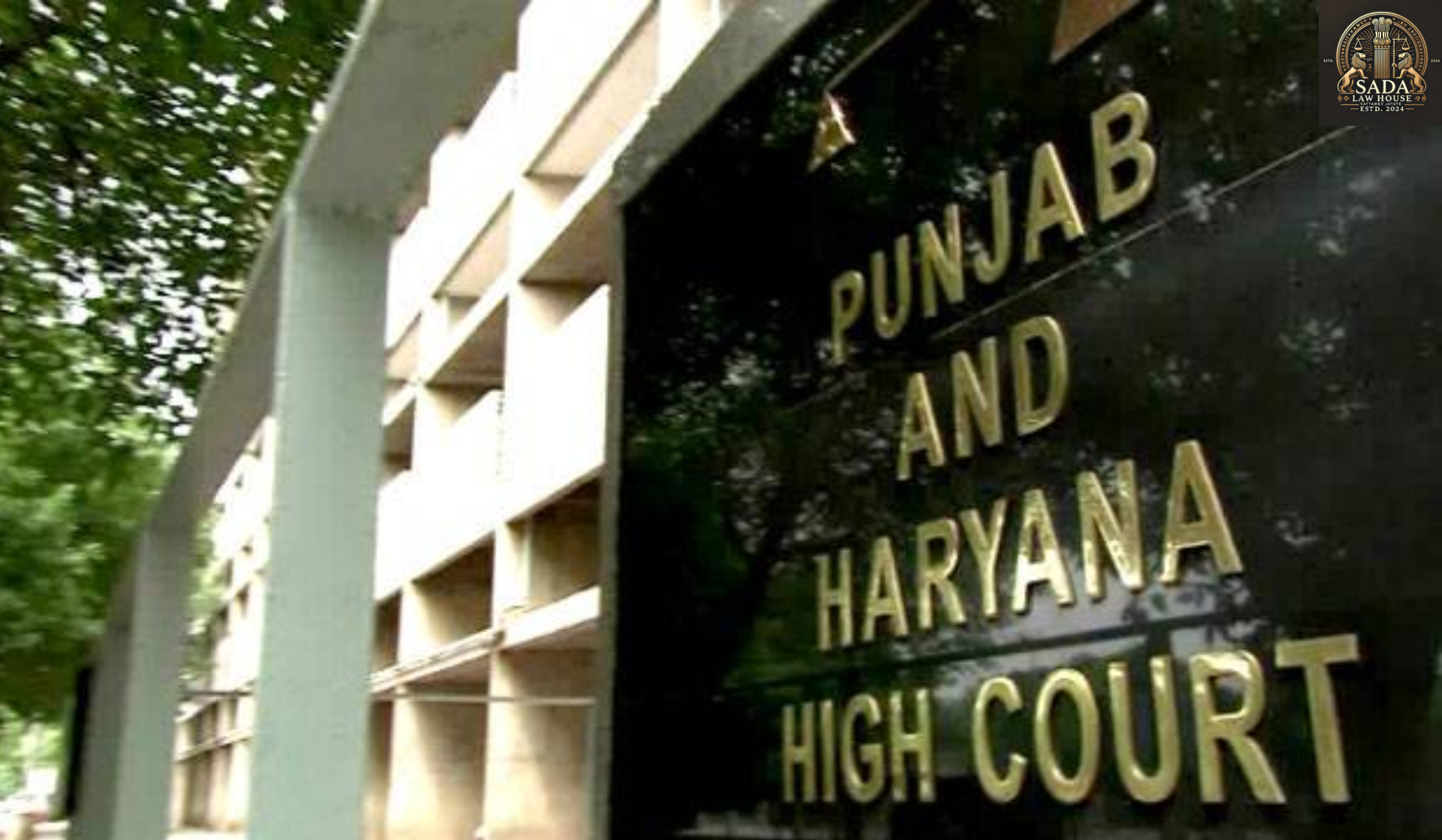P&H High Court Permits ED to Access Information Shared by France with IT Department in Amarinder Singh Case
- Kashak Agarwala
- 3 September 2025

Introduction
The Punjab and Haryana High Court on Wednesday delivered a landmark ruling in the case concerning alleged undisclosed foreign assets of former Punjab Chief Minister Captain Amarinder Singh and his son, Raninder Singh. Justice Tribhuvan Dahiya held that the Enforcement Directorate (ED) can access confidential information originally shared by France with India’s Income Tax (IT) Department, rejecting arguments that such access would breach international treaty obligations.
Background of the Dispute
The case stems from proceedings under Section 277 of the Income Tax Act, 1961 and related provisions of the IPC against Amarinder and Raninder Singh, involving allegations of concealed accounts in Switzerland and Dubai.
The IT Department received information from France under the 1994 Double Taxation Avoidance Agreement (DTAA), which was subsequently placed on record before a Magistrate.
In parallel, the ED initiated an inquiry under the Foreign Exchange Management Act (FEMA) and sought access to the same material.
Petitioners’ Arguments
The petitioners argued that the ED was a third party to IT proceedings and therefore not entitled to access documents received under treaty obligations.
They invoked Article 28 of the Indo-French DTAA, which enforces confidentiality of exchanged information, warning that ED’s access would amount to bypassing the treaty.
They contended that the trial and revisional courts erred in granting such access, and sought to block the ED’s use of the documents.
Court’s Findings
Justice Dahiya upheld the lower court rulings, emphasizing that once documents are on record before a Magistrate, the ED may rely on them for investigations.
The Court clarified that the ED was not directly seeking information from France, but only using materials already filed in Indian proceedings.
It ruled that treaty obligations could not be invoked by individuals to shield themselves from domestic investigations.
Treaty Considerations
The Court underscored that Article 28 of the DTAA ensures confidentiality to prevent public dissemination, not to obstruct legitimate inter-agency investigations.
It noted that if any treaty violation were to occur, it was the IT Department’s prerogative—not that of private petitioners—to raise objections.
The ED was permitted to access and use the information for its proceedings, but disclosure to the public remains restricted unless authorized by law.
Legal Significance
The judgment establishes that international confidentiality clauses cannot be used as a shield by individuals to avoid scrutiny under domestic law.
It affirms the principle of inter-agency cooperation, allowing ED to rely on IT Department material for parallel proceedings under FEMA.
The ruling strengthens India’s capacity to enforce financial laws while honoring treaty obligations in spirit.
Representation
For Amarinder Singh and Raninder Singh: Advocates Gurmohan Singh Bedi, Amandeep S. Talwar, Pawandeep Singh, Anand V. Khanna, and Amika Bedi.
For ED and IT Department: Special Counsel Zoheb Hossain, Senior Panel Counsel Lokesh Narang, and Advocate Vipul Joshi.
Conclusion
With this ruling, the Punjab and Haryana High Court has reaffirmed that treaty confidentiality cannot override the demands of domestic enforcement. The ED may now move forward with its investigation into alleged foreign assets of Amarinder and Raninder Singh, marking a critical precedent in balancing international obligations with India’s sovereign investigative powers.






